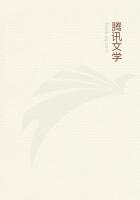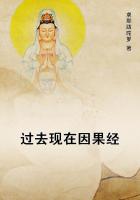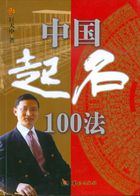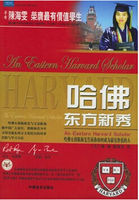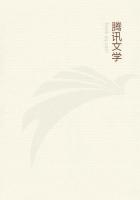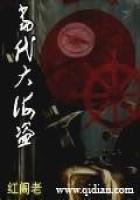1. Personal Names tabooed.
UNABLE to discriminate clearly between words and things, the savage commonly fancies that the link between a name and the person or thing denominated by it is not a mere arbitrary and ideal association, but a real and substantial bond which unites the two in such a way that magic may be wrought on a man just as easily through his name as through his hair, his nails, or any other material part of his person. In fact, primitive man regards his name as a vital portion of himself and takes care of it accordingly. Thus, for example, the North American Indian regards his name, not as a mere label, but as a distinct part of his personality, just as much as are his eyes or his teeth, and believes that injury will result as surely from the malicious handling of his name as from a wound inflicted on any part of his physical organism. This belief was found among the various tribes from the Atlantic to the Pacific, and has occasioned a number of curious regulations in regard to the concealment and change of names. Some Esquimaux take new names when they are old, hoping thereby to get a new lease of life. The Tolampoos of Celebes believe that if you write a man's name down you can carry off his soul along with it. Many savages at the present day regard their names as vital parts of themselves, and therefore take great pains to conceal their real names, lest these should give to evil-disposed persons a handle by which to injure their owners.
Thus, to begin with the savages who rank at the bottom of the social scale, we are told that the secrecy with which among the Australian aborigines personal names are often kept from general knowledge arises in great measure from the belief that an enemy, who knows your name, has in it something which he can use magically to your detriment. An Australian black, says another writer, is always very unwilling to tell his real name, and there is no doubt that this reluctance is due to the fear that through his name he may be injured by sorcerers. Amongst the tribes of Central Australia every man, woman, and child has, besides a personal name which is in common use, a secret or sacred name which is bestowed by the older men upon him or her soon after birth, and which is known to none but the fully initiated members of the group. This secret name is never mentioned except upon the most solemn occasions; to utter it in the hearing of women or of men of another group would be a most serious breach of tribal custom, as serious as the most flagrant case of sacrilege among ourselves. When mentioned at all, the name is spoken only in a whisper, and not until the most elaborate precautions have been taken that it shall be heard by no one but members of the group. The native thinks that a stranger knowing his secret name would have special power to work him ill by means of magic.
The same fear seems to have led to a custom of the same sort amongst the ancient Egyptians, whose comparatively high civilisation was strangely dashed and chequered with relics of the lowest savagery. Every Egyptian received two names, which were known respectively as the true name and the good name, or the great name and the little name; and while the good or little name was made public, the true or great name appears to have been carefully concealed. A Brahman child receives two names, one for common use, the other a secret name which none but his father and mother should know. The latter is only used at ceremonies such as marriage. The custom is intended to protect the person against magic, since a charm only becomes effectual in combination with the real name. Similarly, the natives of Nias believe that harm may be done to a person by the demons who hear his name pronounced. Hence the names of infants, who are especially exposed to the assaults of evil sprits, are never spoken; and often in haunted spots, such as the gloomy depths of the forest, the banks of a river, or beside a bubbling spring, men will abstain from calling each other by their names for a like reason.
The Indians of Chiloe keep their names secret and do not like to have them uttered aloud; for they say that there are fairies or imps on the mainland or neighbouring islands who, if they knew folk's names, would do them an injury; but so long as they do not know the names, these mischievous sprites are powerless. The Araucanians will hardly ever tell a stranger their names because they fear that he would thereby acquire some supernatural power over themselves. Asked his name by a stranger, who is ignorant of their superstitions, an Araucanian will answer, I have none. When an Ojebway is asked his name, he will look at some bystander and ask him to answer. This reluctance arises from an impression they receive when young, that if they repeat their own names it will prevent their growth, and they will be small in stature. On account of this unwillingness to tell their names, many strangers have fancied that they either have no names or have forgotten them.


